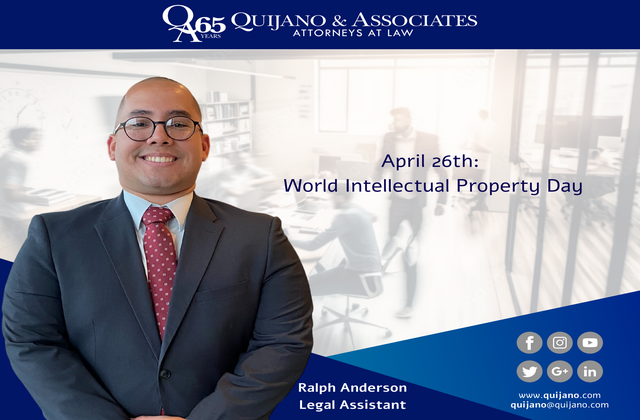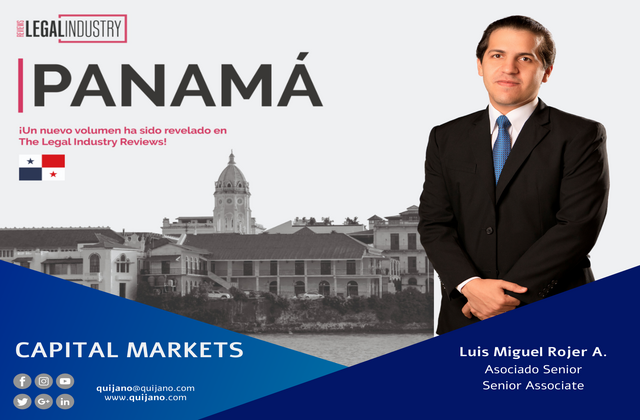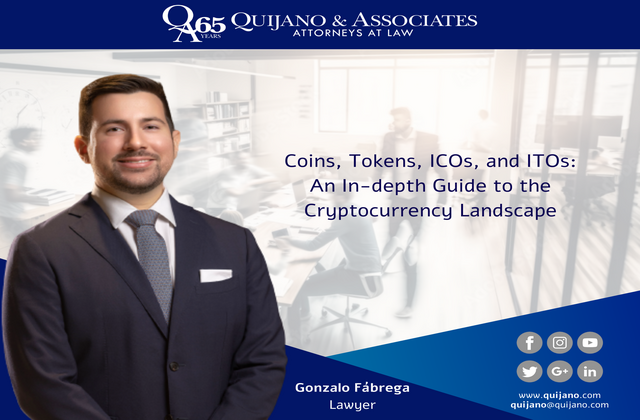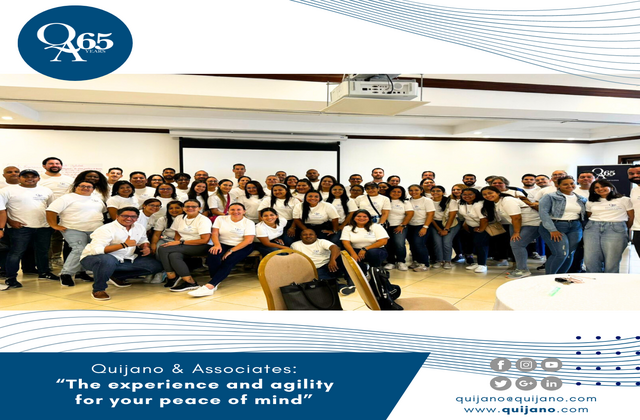Owners’ Assembly convened in its Own Right
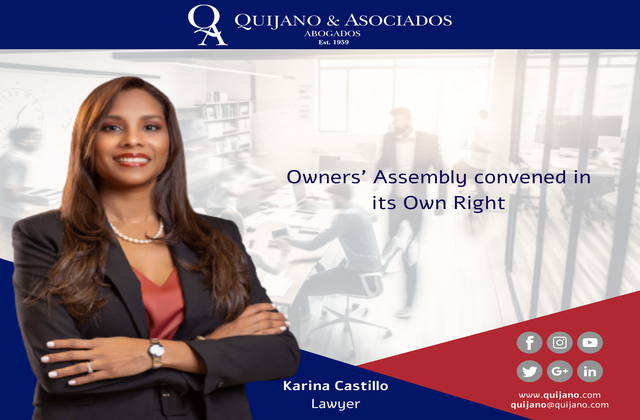
Law No. 284 of February 14, 2022, gives the connotation to the Owners’ Assembly as the highest governing body within the Horizontal Property Regime and which shall be composed by the owners who are represented by the Board of Directors.
The Owners’ Assembly has the purpose of overseeing the maintenance, conservation, health, safety and good administration of the common goods of the horizontal property, for non-profit purposes, and this purpose will be carried out in a coordinated manner by the Board of Directors and the Administrator.
It is important to emphasize that decision-making by the Owners’ Assembly is made through ordinary or extraordinary meetings or sessions, which are recorded in the Minutes of the Assembly with the formalities of the Law.
Providing that the Ordinary Owners’ Assembly is the mandatory annual meeting, called by a member of the Board of Directors, at which a report on the administrative-accounting operation of the horizontal property will be given, and the Extraordinary Assemblies will be held when unforeseen or urgent needs may arise and when required by the property, and may be convened by the Board of Directors or the Administrator, within a period of not less than three days nor more than five calendar days for its celebration.
As we can appreciate, the Owners’ Assemblies can be ordinary and extraordinary, which must be convened by the authorities indicated by Law, nevertheless, the regulations also establish the possibility that such convocations to ordinary or extraordinary meetings can be convened by “Own Right”.
But what is notice to convene by Own Right? is nothing more than the power of the owners to convene an ordinary or extraordinary assembly, when the authorities in charge have not made the corresponding notice within the term indicated by Law.
The Ordinary Owners’ Assembly may be convened in its own right, when two calendar months have elapsed from the date on which the Board of Directors should have convened the assembly and it has not been convened, the assembly must be convened by 20% of the totality of the owners of the real estate units who are up to date in the payment of the common expense quotas.
For the purposes of an Extraordinary Owners’ Assembly to be convened in its own right, 20% of the totality of the owners of the real estate units that are up to date in the payment of the common expense quotas, may do so when the Assembly has not been convened by the authorities in charge within a term not exceeding forty-eight hours after the unforeseen event or urgency has occurred.
It is important to emphasize that both types of meetings, i.e. ordinary and extraordinary, may be convened by ” its own right”, but the Law provides the specific situations in which they may be convened.
Likewise, the notices to convene ordinary or extraordinary Assembly Assemblies, whether they be convened by the authorities in charge or by the owners’ own right, must contain, as a minimum, the following requirements:
1. Date on which the notice to convene is made.
2. Type of meeting.
3. Date and time at which the meeting is to be held.
4. Place and/or technological means in which it is to be held.
5. Agenda of the subjects or topic to be discussed.
6. Name and position of the person who makes the notice to convene the meeting.
In the event of a meeting convened in its own right, the notice to convene must be signed by the convening owners together with the registration data of their real estate unit, as an additional requirement.
It is important to remember that the meeting of the Owners’ Assembly is considered legally constituted with the quorum of more than half of the owners in person or by technological or mixed means, regardless of the number of real estate units belonging to each one of them, and the decisions of the Owners’ Assembly in order to have legal effect and be of mandatory compliance must be approved in accordance with the percentages established in this Law.

